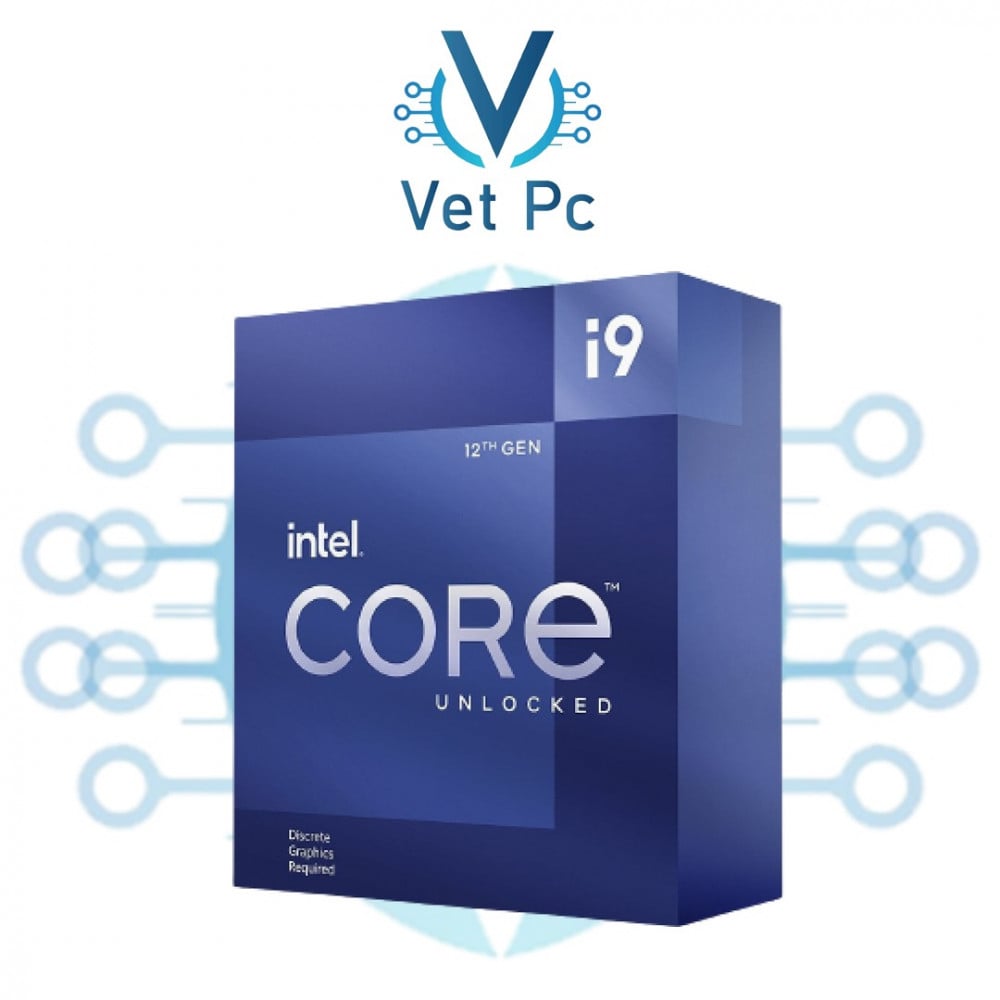computer processor
- A computer processor, or central processor (CPU), is one of the essential components of any computer , performing the arithmetic and logical operations required for the device to perform its various tasks. Since a computer processor is the heart of any computer, choosing the right one is extremely important and can significantly impact the device's performance.
- A computer processor consists of a central processing unit (CPU), cache, bus, control unit, and arithmetic logic unit (ALU).
- The processor has many specifications that affect its performance, such as clock speed, number of cores, cache size, and the amount of random access memory (RAM) it needs.
- Processors are available in a variety of types, each with its own specifications. They are classified according to the generation to which they belong and the technologies they employ. Processors are available from companies such as Intel, AMD, ARM, and others, as these companies compete to offer the latest technologies and high specifications to meet the growing needs of users.
- Intel is known for its popular processors, such as the Core i and Xeon series, which are known for their excellent performance, processing power, and high performance in heavy-duty applications. AMD processors offer similar performance and lower prices, making them ideal for users who need high performance at an affordable price.
- Processor technologies are constantly evolving, with more powerful, high-performance, and efficient processors being developed. Processor manufacturers are introducing new features to improve device performance and reduce power consumption. Processors are also being developed to meet the needs of artificial intelligence, machine learning, virtual reality, video gaming, and other technologies.
- In general, a computer processor is one of the most important components of any computer, arguably the soul of the device. To achieve outstanding performance, several factors must be considered when choosing the right computer processor, such as processor speed, number of cores, and memory size, as well as price and compatibility with other components in the device.
- In general, modern processors deliver excellent performance and high processing power, and offer new features to improve device performance and reduce energy consumption. The technologies used in them are constantly evolving to meet the growing needs of users.
- Ultimately, a computer processor is one of the essential components of any computer, and choosing the right processor can significantly impact the device's performance. It's essential to consider the various specifications and compatibility with the rest of the device's components to achieve excellent performance and a satisfying user experience.
What are the key factors to consider when choosing the right processor?
When choosing the right processor for your computer, several key factors must be considered that affect the device's performance and meet the user's needs. These factors include:
1- Processor speed:
- Processor speed is measured in hertz (Hz), and the higher the value, the faster the processor. Processor speed significantly affects device performance, helping to speed up the execution of arithmetic and logical operations.
2- Number of cores:
- Some processors have more than one core, allowing them to perform multiple operations simultaneously. The more cores a computer processor has , the better it can handle multiple tasks.
3- Cache size:
- Cache memory speeds up processor performance by allowing the processor to quickly access the data it needs. The larger the cache size, the faster the processor.
- Random Access Memory (RAM) size: The amount of RAM is also important in determining device performance, as it helps speed up program loading and running. The larger the RAM, the faster and better the device will perform.
- Processor compatibility with the motherboard: Ensure that the selected processor is compatible with the motherboard, as the motherboard must support the processor type, speed, number of cores, and other specifications.
- Price: Price is an important factor in choosing the right processor. You should determine your budget and choose a processor that offers good performance at the best value for your money.
- Power consumption: The power consumption of the processor should also be considered. Choose a processor with low power consumption to provide cooling and reduce electricity costs.
In general, these and other basic factors should be considered when choosing the appropriate processor, and the user's needs and budget should be determined in order to choose the processor that is most appropriate for their uses.
What are the different types of processors and what are their advantages?
There are many different types of processors, including:
1- Intel processors:
- Intel is one of the largest processor manufacturers. Its processors are characterized by high speed and powerful performance in most applications, and are compatible with most motherboards. Intel processors are available in several types, such as Core i9, Core i7, Core i5, and Core i3.
2- AMD processors:
- AMD is a strong competitor to Intel in the processor market. Its processors offer high performance, reasonable prices, and are compatible with most motherboards. AMD processors are available in several types, such as Ryzen, Athlon, and FX.
3- ARM processors:
- ARM processors are used in many portable devices, such as smartphones, tablets, and consumer electronics, and offer low power consumption and average to good performance.
- PowerPC processors: PowerPC processors are used in some operating systems for laptops, servers, and gaming systems, and are known for their powerful performance and ability to handle heavy tasks.
- SPARC processors: SPARC processors are used in some server operating systems and industrial control systems, and are characterized by high speed and powerful performance.
Processors vary in their features and specifications, and you should choose the processor that best suits your needs and budget, offering powerful performance, low power consumption, and compatibility with the rest of your device's components .

